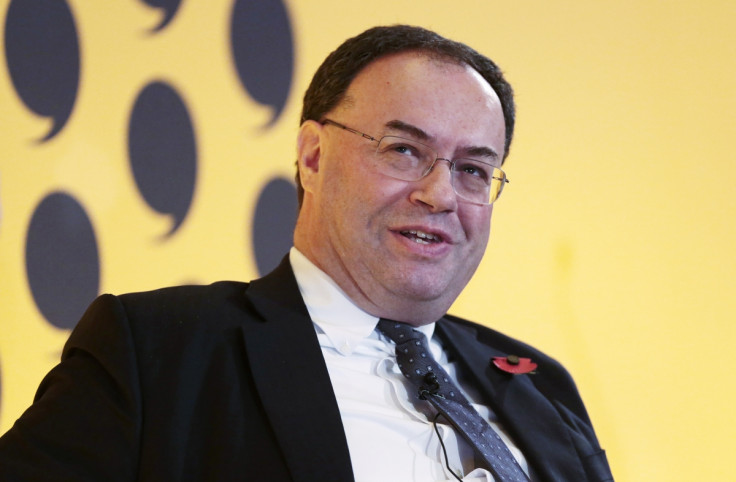FCA to step away from 'shoot first' approach says new boss Andrew Bailey

Andrew Bailey, the newly appointed chief of the Financial Conduct Authority (FCA), has indicated that the City watchdog is to break away from the strict regulatory regime that characterised the tenure of his predecessor.
Speaking at the Financial Times European Financial Forum in Dublin on Wednesday (27 January 2016), Bailey – who was appointed as head of the FCA only 24 hours earlier – said he would not implement the "shoot first, ask questions later" approach that was made famous by former FCA boss Martin Wheatley.
Asked if he would follow Wheatley's example, who in July 2015 said he would be quit the FCA in September and was replaced on an interim basis by Tracey McDermott, Bailey replied: "We're not going to be doing that."
"Shooting first and asking questions later is something that was probably put to bed by the FCA a while ago," he continued. "It's not my philosophy [...] It won't be part of my rhetoric."
Bailey, who has worked for 30 years with the Bank of England and is currently the bank's deputy governor, is to be in charge of the City regulator for five years, an official statement from the Treasury said.
The new FCA boss was a choice that surprised many, including Bailey himself, who revealed he had not applied for the position and was only contacted about it earlier in January.
"This only happened over the course of this month, coming back from holiday over Christmas," he said. "I was approached to [...] consider the job."
The 56 year old, who is also the current chief of the Prudential Regulation Authority, added that he did not believe immediately outlining a blueprint would be beneficial in his new role.
"I don't think there's any sense in turning up on day one and saying I have a blueprint," he said. "Over the coming months I will see how much of it I can do in terms of talking to people [...] it's a matter of taking stock. One of the things I think that is hugely importance is that there is a very open dialogue."
Bailey admitted that he was worried about the prospect of government interfering with the regulators, as it could undermine the regulator's quest to achieve a particular goal.
"I worry in the sense that if you get a lot of it, it tells you that you haven't got stable objectives which are well understood by both sides."
© Copyright IBTimes 2025. All rights reserved.






















